Foam-Polypropylene-Food-Trays – Bioplastic 17-02-2022 - Arhive
Foam-Polypropylene-Food-Trays – Bioplastic
-Could biodegradable ‘bioplastic’ save us from plastic pollution?
Every year, more than eight million tons of plastic end up in the oceans, threatening life around the world, but could biodegradable ‘bioplastic’ offer a solution?
A Chinese research team has found a new method for producing bioplastics made from proteins which are biodegradable and biocompatible as well as being easily processed.
The research was published in the journal Angewandte Chemie.
There’s a great deal of interest in ‘bioplastics’ but so far, bioplastics based on natural materials like starch, or synthetic biomaterials like polylactic acid, have failed to deliver, showing off inadequate durability, biocompatibility, and/or biodegradability in most cases.Foam-Polypropylene-Food-Trays – Bioplastic
Creating some bioplastics often require complex, energy-intensive processing methods and toxic chemicals.
Read more: Why economists worry that reversing climate change is hopeless
A team led by Jingjing Li and Yawei Liu (Chinese Academy of Sciences, Changchun, China), as well as Bo Wei (First Medical Center of PLA General Hospital) have created new bioplastics whose properties can be ‘tweaked’ as needed.
The researchers developed two lysine-rich proteins and produced them in bacterial cultures, creating bioplastics which can either be soft or hard.
The team also used wet spinning to produce biofibres that are as strong as some biotechnological spider silks. Foam-Polypropylene-Food-Trays – Bioplastic
The researchers believe it could be possible to make toys with this new, nontoxic bioplastic that can be dyed with food coloring.
This material could also be used to seal wounds, the researchers believe.
Plastic pollution now affects almost all species in the world’s oceans, and is set to quadruple by 2050, a report by wildlife group WWF found last week.
The report found that 88% of marine species, from plankton to whales are affected by contamination. Foam-Polypropylene-Food-Trays – Bioplastic
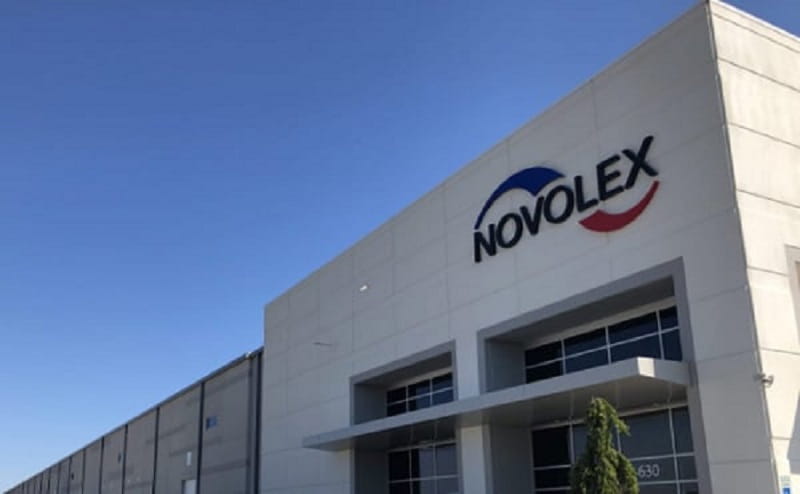
-Tekni-Plex Launches Foam Polypropylene Food Trays
In development for a year, the trays offer a recyclable alternative to the foam polystyrene trays typically used to pack meat and other fresh foods.
Wayne, PA-based Tekni-Plex Consumer Products is expanding packaging options for fresh meat and produce packers with the launch of foam polypropylene (FPP) food trays. Foam-Polypropylene-Food-Trays – Bioplastic
The company reports that a major wholesale company is the first customer to use the FPP trays at retail, for meat.
Designed for fresh food products such as meat, poultry, pork, fruits, and vegetables, the foam PP trays are a drop-in replacement for conventional foam polystyrene (FPS) trays. But unlike FPS, which has a poor to nonexistent recycling infrastructure, the FPP trays are readily recyclable.
“All curbside/municipal recycling programs currently capable of processing PP packaging will also be able to process our new FPP trays. Just like regular PP resin, FPP will sort through existing PP sorting processes at materials recovery facilities (MRFs),” Rodolfo Haenni, VP of market and strategy development for Tekni-Plex’s Consumer Division, tells PlasticsToday.
He added that although PP is the third-most-used plastic used for packaging, after polyethylene terephthalate (PET) and high-density polyethylene (HDPE), PP recycling has become more common only in the past 10 years.
“We’re excited to be on the forefront of the movement.”
“Reclamation is still maturing, compared to PET and HDPE. At the same time, investments in PP sorting and demand by end markets is growing, improving curbside recycling of plastics in the US as a result,” Haenni says.
“We’re excited to be on the forefront of the movement to provide new, alternative material options as well as products that are accepted into curbside/municipal recycling programs.” Foam-Polypropylene-Food-Trays – Bioplastic
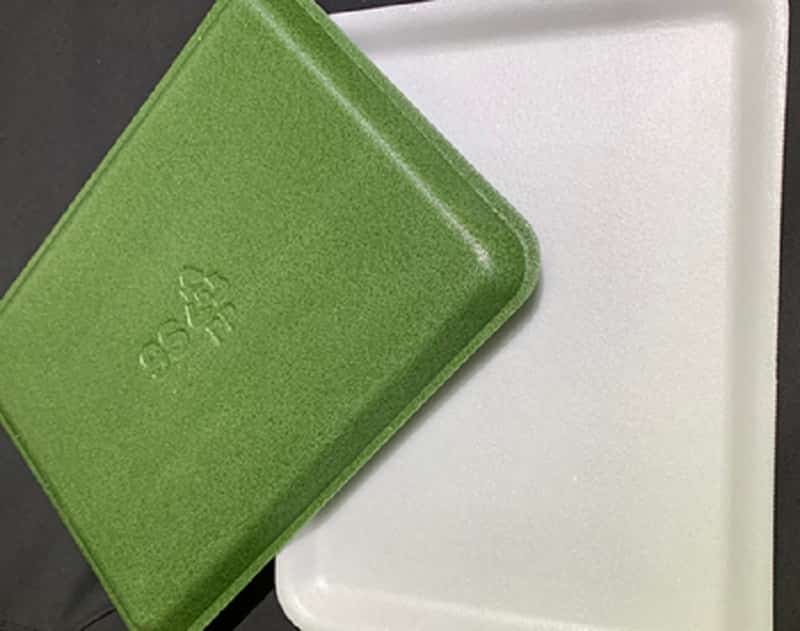
-Autefa Solutions at IDEA 2022
With the nonwovens industry looking forward to a celebration of both technical and commercial progress at the upcoming IDEA show in Miami Beach, USA, technology supplier Autefa Solutions will be at the show at booth 4612.
As the company notes, last year, for some applications, markets have skyrocketed worldwide and Autefa Solutions says it is ready to cater for this “huge demand explosion” with its latest systems to be presented at the event.
The spunlace sector is still challenging for product manufacturers. For this key market, Autefa Solutions offers complete lines for the production of direct and crosslapped spunlace products . Foam-Polypropylene-Food-Trays – Bioplastic
The web forming process, consisting of the Injection Card and Crosslapper Topliner CL 4006 CL, is the key for high and consistent nonwoven fabric quality while the advanced Spunlace technology with Hydroentanglement Machine V- Jet Futura and Square Drum Dryer SQV offers a quick return on investments.
“We notice a trend in reducing of web weights,” explains Autefa Solutions CMO Marco Fano. Foam-Polypropylene-Food-Trays – Bioplastic
“Customers want a homogenous product and high production throughputs. Our unique web-forming technology ideally meets our customers’ needs at this time, and we see the upward trend in order intake being sustained in future, particularly in combined card and crosslapper solutions.
“Our advanced spunlace manufacturing systems are able to deliver high standards of quality and performance, with the all-important advantage of rapid investment payback.”
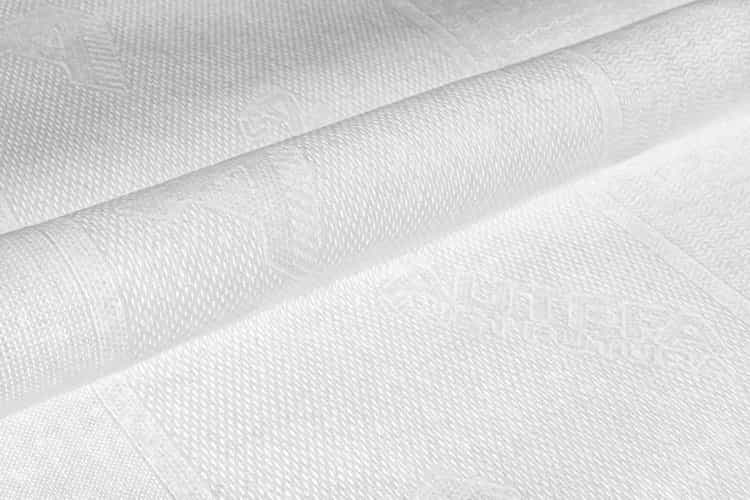
-EREMA at Chinaplas 2022: Solutions to meet the needs of the Chinese recycling market
This year, Shanghai is the venue of Chinaplas from 25 to 28 April, making this high-profile trade fair a home game for the EREMA subsidiary in China.
The team from the company’s Shanghai subsidiary will be at the EREMA trade fair stand 2.1F53. Customers and interested parties can also talk to their contacts at the company’s headquarters in Austria in a video call if personal consultation is required. The entire range of services in the areas of PET recycling, post-consumer and in-house recycling solutions will be presented. EREMA has enjoyed a very successful year in China with significant growth in turnover and orders for all of these applications. Foam-Polypropylene-Food-Trays – Bioplastic
Strong demand for EREMA recycling solutions
The increase in demand is strongest in the PET recycling sector. Ten VACUREMA® systems and, for the first time, a VACUNITE® system for bottle-to-bottle applications were commissioned during the past calendar year.
There were also three INTAREMA® TVEplus® systems with ReFresher modules for recycling post consumer material. Foam-Polypropylene-Food-Trays – Bioplastic
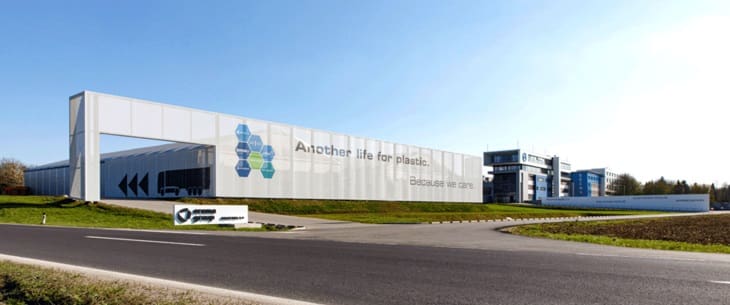
-Plastic Sustainability Movement Needs More Than Recycling Plants
It already looks like 2022 is the year of the recycling initiative.
Just about every day, a new partnership, acquisition, technology, or goal related to recycling, sustainability or the circular economy is announced. Some have been quite creative, such as the recently announced Houston Recycling Collaboration partnership of resin producers ExxonMobil and LyondellBasell, chemical recycler Cyclyx International, solid waste manager FCC Environmental Services, and the City of Houston. Foam-Polypropylene-Food-Trays – Bioplastic
The coalition’s goal is to increase that major US city’s recycling rate from a current rate of 15% while providing feedstock for the mechanical and chemical recycling streams.
Also, US recycler Evergreen announced in early February a $200 million in investments to expand its recycled polyethylene terephthalate (R-PET) production capacity, with the American Beverage Association and Closed Loop Partners pitching in $5 million jointly for the project.
Just days earlier, Honeywell and Avangard Innovative announced they are collaborating to build a chemical recycling facility at Avangard’s complex in Waller, TX. Foam-Polypropylene-Food-Trays – Bioplastic
The list of announcements will continue unabated this year, understandably so with sustainability goals and plastic waste increasingly topping the agendas of corporate boardrooms, investors, and consumers.
However, full realization of a circular economy will require making it easier for consumers to recycle plastics like PET, polyethylene (PE), and polypropylene (PP), and that’s not done currently.
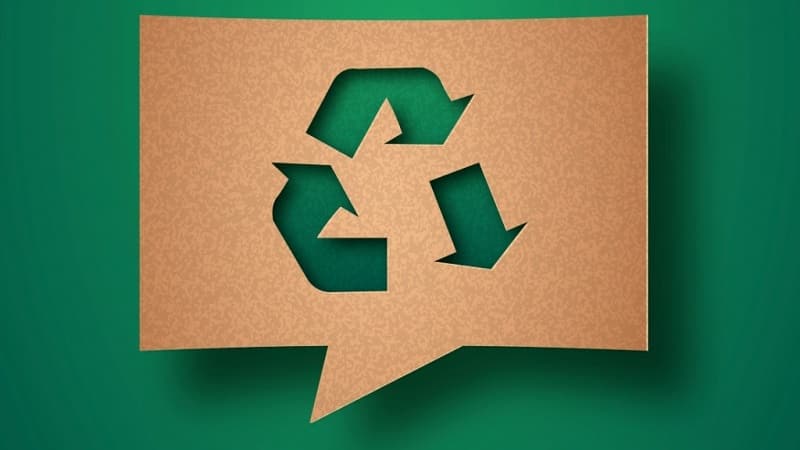
-Eco Spindles strengthens Sri Lanka’s circular economy for plastic recycling
Eco Spindles (Private) Limited, Sri Lanka’s largest plastics recycler, has announced plans to expand its capacity to manufacture yarn using recycled plastics, as well as innovative new additions to its suite of cutting-edge, eco-friendly products used by some of the world’s leading fashion brands. Foam-Polypropylene-Food-Trays – Bioplastic
The company owns one of only two plants in the world capable of creating polyester yarn directly from recycled polyethylene terephthalate (PET) plastic flakes. After the completion of the second phase of its yarn plant expansion program in April 2022, the company expects its capacity to manufacture recycled polyester yarn to increase by 120%, from 100 tonnes of Draw Textured Yarn a month to 220 tonnes a month.
For its third phase of expansion, Eco Spindles is exploring potential opportunities to expand its footprint within or beyond Sri Lanka.
Given that its products, made using recycled PET plastics, are primarily exported, these developments pave the way for the company to generate more export earnings and foreign exchange for Sri Lanka.
It also addresses the improper disposal of plastics, one of the world’s biggest environmental issues. Foam-Polypropylene-Food-Trays – Bioplastic
These developments were announced at Eco Spindles’ annual yarn conference held virtually on the 14th February 2022, with the participation of the company’s senior management. During the conference, Eco Spindles also felicitated its top 10 buyers of 2021.
The conference featured keynote addresses from BPPL Holdings PLC Managing Director and Chief Executive Officer (CEO) – Dr. Anush Amarasinghe, Eco Spindles Yarns CEO – Nalaka Senavirathna and Eco Spindles Yarns Head of Sales – Jerome De Mel. In addition to plans for business improvement, the speakers also shared their insights into the ongoing battle against plastic pollution and offered promising solutions adopted on a national scale with global impact.
“As people who are passionate about the environment, we are painfully aware of the impact plastic materials have on nature since more than 583 billion PET plastic bottles are produced each year with 85% of it going to landfills. We also believe that to resolve this crisis, the solution is social entrepreneurship which seeks to create and support a circular economic model. It is from this understanding that Eco Spindles emerged, and we are fortunate that our customers and partners have supported us in this vital mission. We look forward to continuing to collaborate with them in the future,” Dr. Amarasinghe said.
Eco Spindles also announced plans to manufacture Foam-Polypropylene-Food-Trays – Bioplasticrecycled polyester yarn using textile waste during the conference. The company has been working closely and trailing this innovation with leading apparel manufacturers in Sri Lanka and global apparel brands. The first commercially viable product will be launched in May 2022.
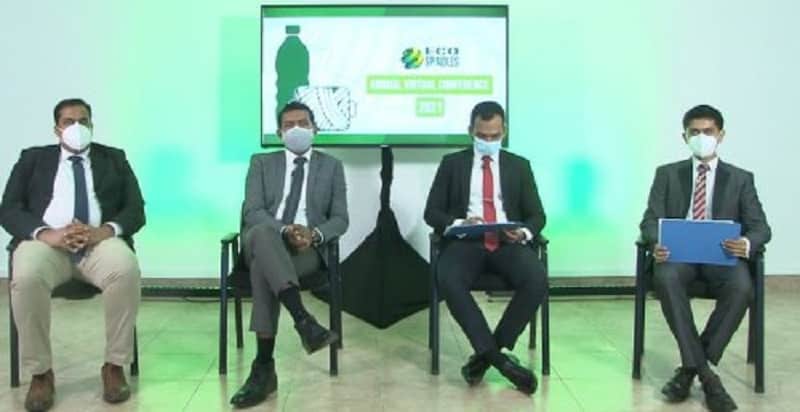
Foam-Polypropylene-Food-Trays – Bioplastic
